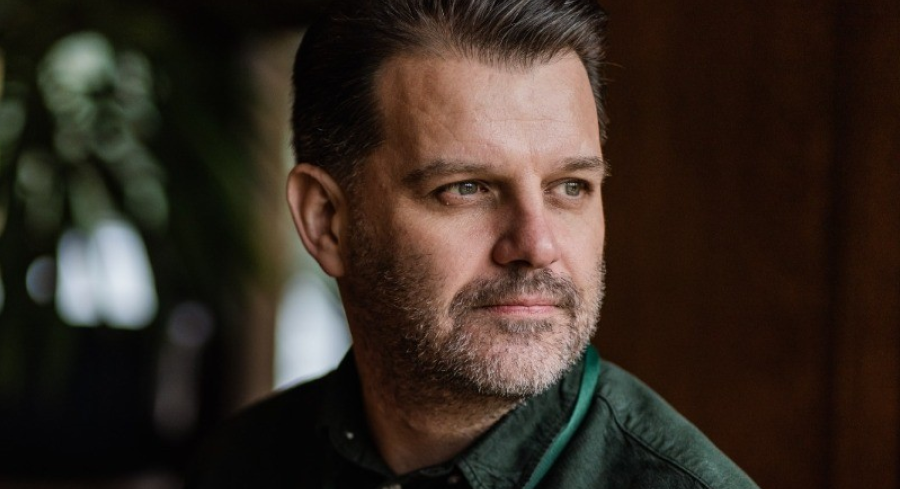1. Tom, welcome to Backyou! You’ve spent over two decades in hospitality — from revenue management to SaaS success. What made you want to join Backyou and champion its expansion across the UK & Ireland?
After two decades in hospitality—from revenue management to SaaS—I’ve seen brilliant hotels struggle to keep pace with group enquiry demand. The opportunity is enormous. UK MICE enquiries jumped 22% year-on-year, and the sector’s projected to grow at 7.38% CAGR through 2035.
What excites me about Backyou is its unique proposition: helping hotels respond faster and convert more efficiently on group enquiries whilst delivering truly personalised experiences to their guests. Backyou bridges that gap—it enables sales teams to respond in hours instead of days, whilst giving guests the seamless, direct experience they expect.
My role is about working closely with hotel teams to capture this market opportunity. Backyou helps hotels turn enquiries into bookings three times faster, which translates directly to revenue growth in a market that’s expanding rapidly. That’s a compelling reason to join at this moment.
2. Having worked with hundreds of hotels, from independents to large groups, what do you think are the biggest pain points still facing UK hoteliers when it comes to managing group and event enquiries?
Three critical pain points are costing hotels millions:
Response time: Group enquiries still operate through email chains and phone tag. Hotels taking 48 hours to respond have essentially lost the business—planners have moved on.
Operational inefficiency: Sales teams juggle spreadsheets, email threads, and disconnected systems. Hours spent on manual updates and double-entry prevent them from actually selling.
Visibility gaps: Without centralised tracking, valuable leads fall through cracks. Hotels lack real-time dashboards to prioritise opportunities or monitor pipeline health.
3. You’ve seen the shift from manual spreadsheets to full-stack platforms. Where do you think the UK market currently stands in its digital maturity for MICE and group operations?
We’re at a critical inflection point where adoption is highly variable across the market.
Some hotels—particularly those with dedicated group sales teams and high-volume demand—have invested in integrated platforms and are managing group bookings seamlessly. They’re capturing corporate conferences, tour groups, and incentive travel effectively with real-time visibility and rapid response capabilities.
But many hotels across the UK still operate on “digital patchwork”—a mix of spreadsheets, legacy systems, and manual workflows. This isn’t necessarily a regional issue; it’s across all property types and sizes. Nearly 43% of UK venues believe they already have all the software they need, whilst 37% acknowledge major gaps. This inconsistency is problematic for group bookings where volume and coordination matter most—tour operators and event planners simply move to more responsive competitors.
The UK MICE market is valued at £69.5 billion today, projected to reach £152.2 billion by 2035. Hotels that embrace end-to-end digital transformation now—whether independents, regional chains, or large city centre properties—will capture their share of group bookings. Those clinging to spreadsheets will lose out to more efficient competitors who can handle multiple group enquiries simultaneously without dropping balls.
4. WTM London is around the corner — what are you most excited to see there this year, and what signals or trends are you expecting to pick up from the UK hospitality scene?
I’m most interested in understanding how hotels are putting technology to work for their guests, not just behind the scenes.
Personalisation at scale: Which hotels are using guest data to create genuinely tailored experiences—from bespoke welcome packages to event customisation—rather than generic templates? Technology should feel invisible to guests but make every interaction feel personal.
Seamless guest journeys: From enquiry through to post-event follow-up, how are hotels creating frictionless experiences? I want to see who’s nailed the end-to-end journey so guests feel looked after at every touchpoint, not just processed.
Direct relationship building: Which properties are using technology to deepen their direct relationship with clients? The best operators aren’t trying to compete on price—they’re competing on the quality of partnership and the tangible outcomes they deliver for their guests’ events.
I’m keen to connect with hoteliers who view technology as a way to deliver exceptional guest experiences and build loyalty, not just streamline admin.
5. The UK market can be quite diverse — London, regional cities, resorts, Ireland… Where do you see the strongest growth potential for tech-enabled MICE business in 2025?
London remains the powerhouse—with major conferences like the WTTC Global Summit and unmatched international connectivity, the capital continues to attract premium MICE business. The opportunity here is hotels using technology to handle higher volumes of group bookings more efficiently and capture market share from competitors still using manual processes.
But the real growth story is geographic expansion:
Regional cities—Manchester, Edinburgh, Birmingham, Leeds—offer excellent connectivity and compelling value propositions. They’re actively courting MICE investment, and hotels here that implement sophisticated technology can compete for tour groups, regional conferences, and corporate retreats that traditionally defaulted to London. Tour operators increasingly prefer working with responsive, tech-enabled properties over slow manual processors.
Ireland: The government’s Business Events 2030 strategy targets 8% annual growth in a sector already generating €1 billion annually. Properties delivering seamless digital experiences and responsive group booking processes alongside Irish hospitality will capture significant share from European tour operators and incentive travel specialists.
Technology democratises opportunity across the entire UK & Ireland market—from maximising efficiency in high-volume London hotels to enabling regional properties to compete directly with larger competitors.
6. If you had to give one piece of advice to hotel teams looking to future-proof their group and event sales, what would it be?
I would focus on two points that can make a difference for all types of hotels :
Speed equals revenue: The hotel responding in one hour beats the competitor who takes 48 hours, regardless of price. So you need to have the correct tools to reach that goal.
Data drives decisions: Use dashboards and analytics to understand pipeline health, forecast demand, optimise pricing. You can’t manage what you can’t measure.
The MICE market is growing rapidly—but so is competition. Hotels that digitise now capture disproportionate market share. Those that wait will perpetually play catch-up.
Would you like to find out more about our group and event management tool?
Request your demo now and triple your management efficiency!
